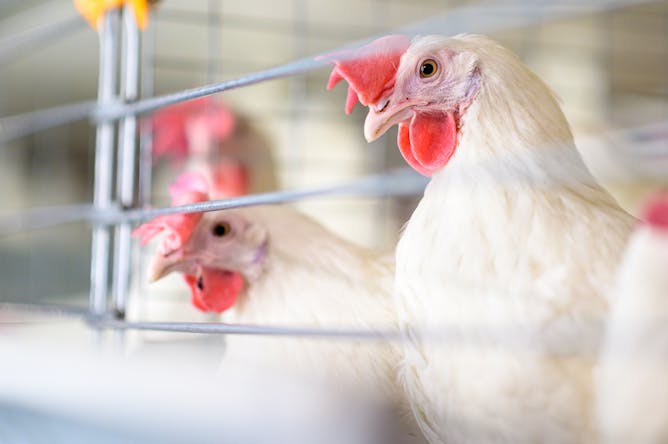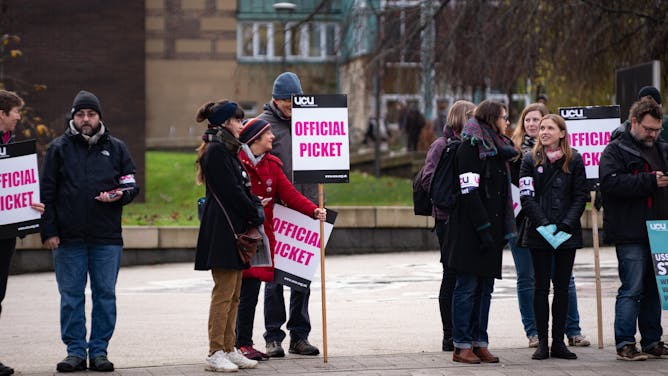|
Quite which milestone a town must pass in order to be called a city is, as measures and maps so often are, a bone of scholarly contention. Judging by the response to each new year’s city status competition in the UK, it’s a matter of public confusion too. Really, how does a village like St Davids, in Pembrokeshire – population 1,600 – get to wear the same badge as New York City, which, at 8.4 million, counts five and a half thousand times more inhabitants?
Urban agglomerations only properly started to grow with the advent of the internal combustion engine, making of New York and its fellow metropolises the elevated symbols of the 20th century. But as spatial analysts and cartography specialists Michael Batty and James Cheshire point out, size is only the half of it. The 21st century is comprehensively exploding what a city can be. Megalopolises are stitching entire provinces – even countries – together. The diffuse
nature of the metaversal locale, meanwhile, means its spread encompasses the globe itself, in patterns invisible to the naked eye. The city of the future is here, there and everywhere.
Elsewhere, a wildlife conservation specialist details how the current, record outbreak of bird flu could hit the UK’s wild birds the hardest. And an expert in trade union activism explains what British university staff aim to achieve
by, from tomorrow, convening what could turn out to be the largest strike ever in the higher education sector in this country.
|

shutterstock.
James Cheshire, UCL; Michael Batty, UCL
Quite how to gauge the size of a city – or where one ends and the next begins – is getting harder to determine. The 21st century belongs to the limitless city.
|

In the UK, more than 150 cases of bird flu have been reported between September and November of this year alone.
Mark Agnor/ Shutterstock
Alastair Ward, University of Leeds
The UK government has set up a special task force to investigate.
|

University staff on strike in 2019.
Lee Iveson/Shutterstock
Heather Connolly, Grenoble École de Management (GEM)
University staff to walk out for three days in what may be the largest ever in the higher education sector.
|
Politics + Society
|
-
Anthony Pickles, University of East Anglia
What happened to the predicted red wave in the US midterms?
-
Holly Smith, University of Manchester
From unions and ballots to picket-lines and sympathy strikes.
|
|
Arts + Culture
|
-
Peredur Webb-Davies, Bangor University
Speakers of minority languages (like Welsh) often insert words from a majority language (like English) while speaking.
-
Vanessa Marr, University of Brighton
In fairy tales there are real mothers and stepmothers and the latter are always evil.
-
Rachel Kerr, King's College London
Banksy has unveiled six new works in Ukraine, created on the walls of bombed buildings.
|
|
Business + Economy
|
-
John Wood, Lancaster University
Supply chain difficulties and rising costs have forced Made.com into administration
|
|
Environment
|
-
David Glew, Leeds Beckett University
The government is rolling out smart meters across the UK, but at present they are providing households with little benefit.
-
Peter Schlosser, Arizona State University
A leading climate scientist explains why going over 1.5 degrees Celsius puts the world in a danger zone.
|
|
Health
|
-
Ritchie Williamson, University of Bradford
Experimental drugs gantenerumab has failed phase 3 clinical trials. Here’s what that means for the future of the amyloid hypothesis.
|
|
Science + Technology
|
-
Ruth Ogden, Liverpool John Moores University
Our perception of time changes as we age.
-
Blayne Haggart, Brock University
Elon Musk’s chaotic takeover of Twitter reveals what we like and need from social media.
-
Daniel Angus, Queensland University of Technology; Timothy Graham, Queensland University of Technology
With the World Cup under way (bringing in more traffic) and more than 1,000 employees having reportedly resigned, concerns for the platform’s future are warranted.
|
|